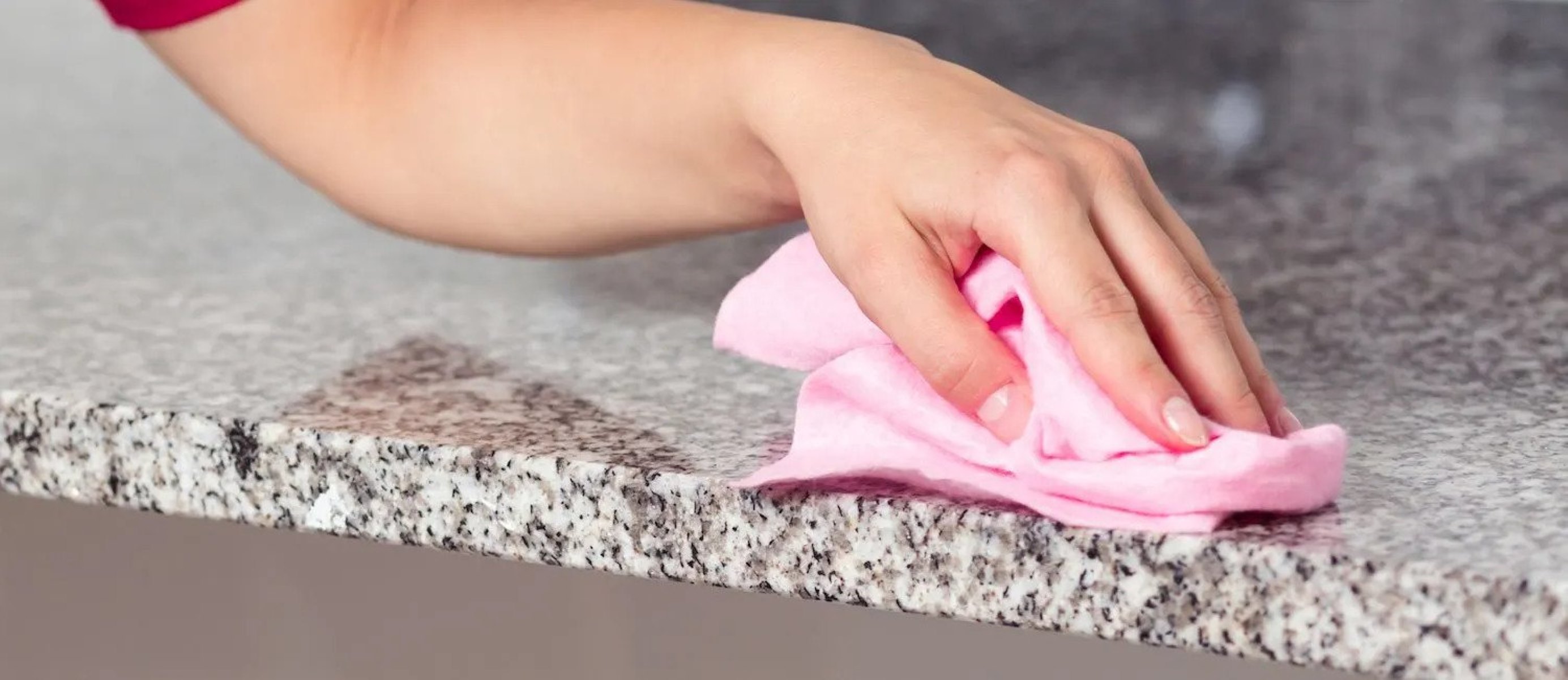

Articles
How To Take Care Of Granite Countertops
Modified: March 19, 2024
Learn the best methods for caring for your granite countertops with these informative articles. Discover expert tips and tricks to ensure your countertops stay beautiful and durable for years to come.
(Many of the links in this article redirect to a specific reviewed product. Your purchase of these products through affiliate links helps to generate commission for Storables.com, at no extra cost. Learn more)
Introduction
Welcome to our comprehensive guide on how to take care of granite countertops. Granite is a popular choice for countertops due to its durability, beauty, and resistance to heat and scratches. To ensure that your granite countertops remain in pristine condition, it is important to follow proper cleaning and maintenance techniques.
Granite is a natural stone that is formed over millions of years, making each countertop unique in its color and pattern. However, this also means that granite requires specific care to preserve its natural beauty and longevity. By following the steps outlined in this guide, you can keep your granite countertops looking flawless for years to come.
Before we dive into the cleaning and maintenance routine, it is crucial to understand that granite is porous and can be vulnerable to staining and scratching. Therefore, it is important to take precautionary measures and use gentle cleaning products to avoid damaging the surface of the countertops.
In the following sections, we will discuss the right cleaning products to use, daily cleaning routines, preventing stains and scratches, maintaining the shine, dealing with tough stains, repairing minor damage, and sealing the granite countertops. By the end of this guide, you will have all the knowledge required to maintain your granite countertops and keep them looking as good as new.
Now, let’s dive into the specifics of taking care of your granite countertops and ensuring their longevity and beauty.
Key Takeaways:
- Proper care and maintenance of granite countertops involve using pH-neutral cleaners, implementing a daily cleaning routine, and preventing stains and scratches to preserve their beauty and longevity.
- Regular sealing, prompt stain removal, and minor damage repairs are essential for protecting and maintaining the shine of granite countertops, ensuring their durability and aesthetic appeal.
Read more: What Are Granite Countertops
Choosing the Right Cleaning Products
When it comes to cleaning your granite countertops, it is essential to choose the right products that will effectively clean the surface without causing any damage. Harsh chemicals and abrasive cleaners can strip away the protective sealant on the granite and lead to dullness or even etching of the surface.
Instead, opt for pH-neutral cleaners specifically designed for granite. These cleaners are gentle enough to clean the surface without leaving any residue or causing any harm. You can find these cleaners at your local home improvement stores or online.
In addition to pH-neutral cleaners, you can also use a mixture of warm water and a few drops of mild dish soap. This simple solution can effectively remove dirt and grime from your countertops without any risk of damage. Remember to rinse the countertops thoroughly after using soap to remove any soapy residue.
Avoid using abrasive scrub pads or brushes that can scratch the surface of the granite. Instead, opt for soft microfiber cloths or non-abrasive sponges for cleaning. These gentle tools will help to maintain the natural shine of the granite without causing any scratches.
It is also important to avoid using vinegar, lemon juice, or other acidic cleaners on your granite countertops. The acidity in these substances can weaken the sealant and etch the surface of the granite. Always double-check the label of any cleaning product to ensure it is safe for granite countertops.
If you are unsure about a particular cleaning product, it is best to test it on a small, inconspicuous area of the countertop before applying it to the entire surface. This will help you determine if the product is safe to use and will not cause any unwanted damage.
By choosing the right cleaning products, you can effectively clean your granite countertops without compromising their beauty and longevity. Next, we will discuss the daily cleaning routine that will help you maintain the cleanliness of your countertops on a regular basis.
Daily Cleaning Routine
Maintaining a daily cleaning routine is essential to keep your granite countertops looking their best. By implementing simple and regular cleaning practices, you can prevent the buildup of dirt, grime, and stains.
Start by wiping down your countertops with a soft, damp cloth or non-abrasive sponge. This will help remove any loose debris or spills on the surface. Avoid using excessive water, as granite is a porous material and can absorb it, leading to potential damage.
If you notice any spills or stains, gently blot them immediately with a clean cloth. Avoid rubbing the spill, as this can spread it and make it more challenging to remove. For stubborn stains, you can use a mixture of baking soda and water to create a paste. Apply the paste to the stain, let it sit for a few minutes, then gently scrub and rinse it off. Repeat if necessary.
After cleaning, make sure to dry your countertops thoroughly to prevent any water spots or streaks. Air drying or using a clean, lint-free cloth to remove any excess moisture is recommended.
As part of your daily cleaning routine, it is also important to avoid placing hot pots and pans directly on the granite surface. Use trivets or heat-resistant pads to protect the countertop from heat damage. Similarly, avoid cutting directly on the countertop and use cutting boards to prevent scratches.
In addition to the daily cleaning routine, it is beneficial to do a deeper clean of your granite countertops on a weekly basis. This can involve using a pH-neutral cleaner or a mixture of warm water and mild dish soap to thoroughly clean the surface.
By maintaining a daily cleaning routine and implementing good practices, you can ensure that your granite countertops remain clean, stain-free, and beautiful for years to come. Next, let’s explore some preventative measures to protect your countertops from stains and scratches.
Preventing Stains and Scratches
Granite countertops are known for their durability, but they are not impervious to stains and scratches. By taking preventative measures, you can significantly reduce the risk of damage and maintain the pristine condition of your countertops.
To prevent stains, it is essential to promptly clean up any spills or messes on the surface. Liquids such as red wine, oil, citrus juice, and coffee can seep into the pores of the granite and cause discoloration if left untreated. Wipe up spills immediately using a blotting motion, ensuring that you do not spread the liquid.
It is also advisable to use coasters or placemats under glasses, bottles, and containers to prevent any liquid from directly touching the granite surface. Placing a tray or mat underneath toiletry items in the bathroom can also protect against staining from beauty products or water splashes.
When it comes to preventing scratches, it is crucial to use cutting boards and avoid chopping or slicing directly on the granite countertop. While granite is known for its durability, using sharp knives directly on the surface can leave scratches and damage the protective sealant. Always use a cutting board to protect the granite.
Using trivets, hot pads, or heat-resistant mats is vital to protect your granite countertops from heat damage. Placing hot pans or pots directly on the surface can cause thermal shock, which may result in cracks or discoloration. Always use appropriate heat-resistant materials to protect your countertops.
Additionally, avoid placing heavy objects or applying excessive force on the edges of your granite countertops. While the granite is durable, excessive pressure can cause chips or cracks. Be mindful of how you handle and place heavy items on the surface to prevent any damage.
Regularly inspect your granite countertops for any signs of damage or wear. If you notice any chips, scratches, or dullness, it is essential to address them promptly. Small chips can be repaired using granite epoxy or filler specifically designed for this purpose.
By following these preventative measures, you can minimize the risk of stains and scratches on your granite countertops. Next, we will explore how to maintain the shine and luster of your countertops.
Maintaining the Shine
One of the distinguishing features of granite countertops is their natural shine and luster. To keep your countertops looking their best, it’s important to maintain this shine through regular cleaning and maintenance.
The first step in maintaining the shine is to ensure that your granite countertops are clean. Regularly remove any dust, dirt, or debris from the surface using a soft, damp cloth or non-abrasive sponge. This will prevent the buildup of particles that can dull the shine.
Once your countertops are clean, it’s time to polish them to bring out their natural luster. There are several options for polishing granite, including commercial granite polishes or DIY solutions.
If you opt for a commercial granite polish, follow the instructions on the product label carefully. Apply the polish to the countertop and use a clean, dry cloth to buff it in a circular motion. This will help to restore the shine and enhance the appearance of the granite.
If you prefer a DIY solution, you can create a homemade granite polish using a mixture of water and isopropyl alcohol in a spray bottle. Spray the solution onto the countertop and buff it in using a microfiber cloth. This will give your granite countertops a beautiful shine.
Remember to avoid using acidic substances like vinegar or lemon juice for polishing, as they can damage the sealant and etch the surface of the granite.
In addition to regular cleaning and polishing, it’s important to maintain the protective sealant on your granite countertops. The sealant helps to prevent stains and keeps the granite looking its best. Over time, the sealant can wear off, so it’s recommended to reseal your countertops every one to three years.
You can test the effectiveness of the sealant by placing a few drops of water on the surface. If the water beads up and doesn’t absorb, the sealant is still intact. If the water absorbs into the granite, it’s time to reseal.
To seal your countertops, start by thoroughly cleaning and drying the surface. Apply a granite sealer according to the manufacturer’s instructions, using a clean cloth or sponge. Allow the sealer to penetrate the granite and then wipe off any excess. Let the countertops dry completely before using them.
By regularly cleaning, polishing, and maintaining the protective sealant, you can keep your granite countertops shining and looking their best for many years to come.
Next, let’s discuss how to tackle tough stains that may occur on your granite countertops.
Use a pH-neutral cleaner to wipe down your granite countertops daily. Avoid harsh chemicals and abrasive sponges to prevent damage to the surface.
Read more: How Are Granite Countertops Made
Dealing with Tough Stains
While granite is a relatively stain-resistant material, certain substances can still leave tough stains if not promptly addressed. Here are some effective methods for dealing with tough stains on your granite countertops:
1. Oil-based stains: If your granite countertop is stained with oils or greasy substances, such as cooking oil or butter, start by blotting up the excess with a clean cloth. Next, create a paste by mixing baking soda and water. Apply the paste to the stain and let it sit for a few hours or overnight. Rinse the area with warm water and gently scrub with a non-abrasive sponge. Repeat if necessary.
2. Acidic stains: Acidic substances, like fruit juice or wine, can cause discoloration on granite countertops. To remove these stains, create a mixture of hydrogen peroxide and a few drops of ammonia. Apply the solution to the stained area and let it sit for 10-15 minutes. Rinse thoroughly with warm water and wipe dry.
3. Ink stains: Ink stains can be challenging to remove from granite surfaces. Start by blotting up any excess ink with a clean cloth. Next, dampen a cloth with rubbing alcohol and gently dab the stained area, being careful not to rub the ink further into the granite. Rinse with warm water and dry the surface.
4. Rust stains: Rust stains can occur if metal objects are left on your granite countertops. To remove these stains, make a paste by combining baking soda and hydrogen peroxide. Apply the paste to the stain and let it sit for a few hours. Scrub gently with a soft cloth or sponge and rinse thoroughly.
5. Organic stains: Organic stains, such as coffee or tea, can be treated by creating a mixture of hydrogen peroxide and a few drops of ammonia. Apply the solution to the stain and let it sit for a few minutes. Rinse thoroughly with warm water and dry the surface.
It’s important to note that for more stubborn or persistent stains, it may be best to seek professional help or consult a stone care specialist who can provide guidance on the appropriate removal methods for your specific situation.
Regular maintenance and prompt stain removal are key to keeping your granite countertops looking their best. By being proactive and using the right techniques, you can effectively tackle tough stains and keep your granite surfaces clean and beautiful.
Next, let’s explore how to repair minor damage that may occur on your granite countertops.
Repairing Minor Damage
Minor damage, such as small chips or scratches, can be inevitable over time with regular use of your granite countertops. The good news is that many minor issues can be easily repaired with some simple techniques. Here’s how to repair minor damage on your granite countertops:
1. Repairing chips: If you notice a small chip on the edge or surface of your granite countertop, there are granite epoxy or filler kits available that can help you fix the damage. Clean the area thoroughly and follow the product instructions to prepare the epoxy or filler. Apply it to the chip, smoothing it out with a putty knife. Let it dry and then use fine-grit sandpaper to blend it with the surrounding area. Finish off by polishing the repaired spot to match the rest of the countertop.
2. Concealing scratches: Light surface scratches can often be camouflaged with the help of granite polishing compounds. Select a product specially formulated for granite and follow the instructions provided. Apply a small amount of the compound to a clean cloth and gently buff the scratched area in a circular motion. This process can help diminish the appearance of minor scratches and restore the shine of the countertop.
3. Hiding heat damage: If your granite countertop has experienced heat damage, such as discoloration or dullness, it may be more challenging to repair. You can try using a granite polishing compound or consult a professional stone care specialist who can assess the extent of the damage and provide the best course of action. In some cases, sanding and re-polishing the affected area may be necessary.
It’s essential to note that while minor repairs can be done at home, it is crucial to exercise caution and follow the instructions provided by the product manufacturer. If you are unsure or uncomfortable with the repair process, it is recommended to seek professional assistance to ensure proper and effective repairs.
Prevention is key in maintaining the condition of your granite countertops. Avoiding heavy impacts, using cutting boards, and using trivets or hot pads for hot objects can help minimize the need for repairs. Regular cleaning and maintenance can also prevent minor damage from becoming more significant issues over time.
By addressing minor damage promptly and properly, you can keep your granite countertops looking beautiful and maintain their functionality. Next, let’s discuss the importance of sealing your granite countertops.
Sealing the Granite Countertops
Sealing your granite countertops is a crucial step in their maintenance and protection. The sealant serves as a protective barrier, helping to prevent stains and damage caused by liquids penetrating the porous surface of the granite. Regular sealing can also enhance the natural beauty and longevity of your countertops.
Before sealing your countertops, it’s important to ensure that the surface is clean and dry. Thoroughly wipe away any dust, dirt, or spills using a gentle cleaning solution and a soft cloth. Allow the countertops to dry completely before proceeding with the sealing process.
There are two types of sealants commonly used for granite countertops: topical sealers and penetrating sealers.
Topical sealers create a protective layer on the surface of the granite. They are relatively easy to apply and provide immediate protection against stains. However, they may require more frequent reapplication compared to penetrating sealers.
Penetrating sealers, on the other hand, penetrate the pores of the granite, providing long-lasting protection. They do not alter the appearance or texture of the granite and are effective in preventing stains from seeping into the surface. Penetrating sealers are generally recommended for high-traffic areas and heavily used countertops.
To determine if your granite countertops need to be sealed, perform a simple water test. Apply a few drops of water on the countertop surface and wait for about 15 minutes. If the water beads up and does not absorb into the granite, your countertops are adequately sealed. However, if the water absorbs into the granite, it’s time to reseal.
When applying the sealer, be sure to follow the instructions provided by the product manufacturer. Generally, you’ll need to apply an even coat of the sealer using a clean cloth or sponge. Allow the sealer to penetrate the granite for the recommended amount of time, typically around 15-30 minutes. Wipe off any excess sealer using a soft cloth, ensuring that no residue is left behind.
After sealing, it’s important to give the countertops ample time to dry before using them. This will allow the sealant to fully cure and provide optimal protection.
Keep in mind that the frequency of sealing your granite countertops may vary depending on factors such as the type of granite and the level of usage. As a general guideline, it is recommended to reseal your countertops every one to three years.
Regularly sealing your granite countertops will help to protect them from stains, preserve their beauty, and extend their lifespan. It is an essential step in the maintenance of your countertops and should not be overlooked.
Now that you have learned how to seal your granite countertops, let’s summarize the key points and conclude our comprehensive guide.
Conclusion
Taking care of your granite countertops is essential to maintain their beauty, durability, and longevity. By following the proper cleaning and maintenance techniques outlined in this comprehensive guide, you can ensure that your countertops remain in pristine condition for years to come.
Choosing the right cleaning products, such as pH-neutral cleaners or a mixture of warm water and mild dish soap, is crucial to prevent damage to the granite surface. Avoid using harsh chemicals or abrasive scrubbing materials that can strip away the protective sealant and cause scratches.
A daily cleaning routine, including regular wiping with a soft cloth or non-abrasive sponge, helps to prevent the buildup of dirt, grime, and stains. Promptly addressing spills and using coasters or placemats can further prevent staining and damage.
To maintain the shine of your countertops, regular polishing using commercial granite polishes or DIY solutions can bring out the natural luster of the granite. It’s important to always use products that are safe for use on granite and to avoid acidic substances that can cause etching.
In the event of tough stains, such as oil-based, acidic, ink, or organic stains, there are specific techniques you can use to effectively remove them. Granite epoxy or filler kits can repair minor chips, while granite polishing compounds can help mask light scratches.
Sealing your granite countertops is a vital step in protecting them against stains and damage. Regularly check if your countertops need to be resealed by performing a water test, and follow the instructions provided by the product manufacturer when applying the sealant.
By following these guidelines, you can ensure the longevity and beauty of your granite countertops. Remember to handle your countertops with care, use cutting boards and heat-resistant pads, and promptly address any damage or wear.
In summary, proper care and maintenance of your granite countertops involve choosing the right cleaning products, implementing a daily cleaning routine, preventing stains and scratches, maintaining the shine, tackling tough stains, repairing minor damage, and sealing the countertops. By incorporating these practices into your regular maintenance routine, you can enjoy the beauty and durability of your granite countertops for years to come.
Thank you for reading our comprehensive guide on how to take care of granite countertops. We hope that the information provided will help you maintain your countertops and keep them looking as good as new.
Frequently Asked Questions about How To Take Care Of Granite Countertops
Was this page helpful?
At Storables.com, we guarantee accurate and reliable information. Our content, validated by Expert Board Contributors, is crafted following stringent Editorial Policies. We're committed to providing you with well-researched, expert-backed insights for all your informational needs.
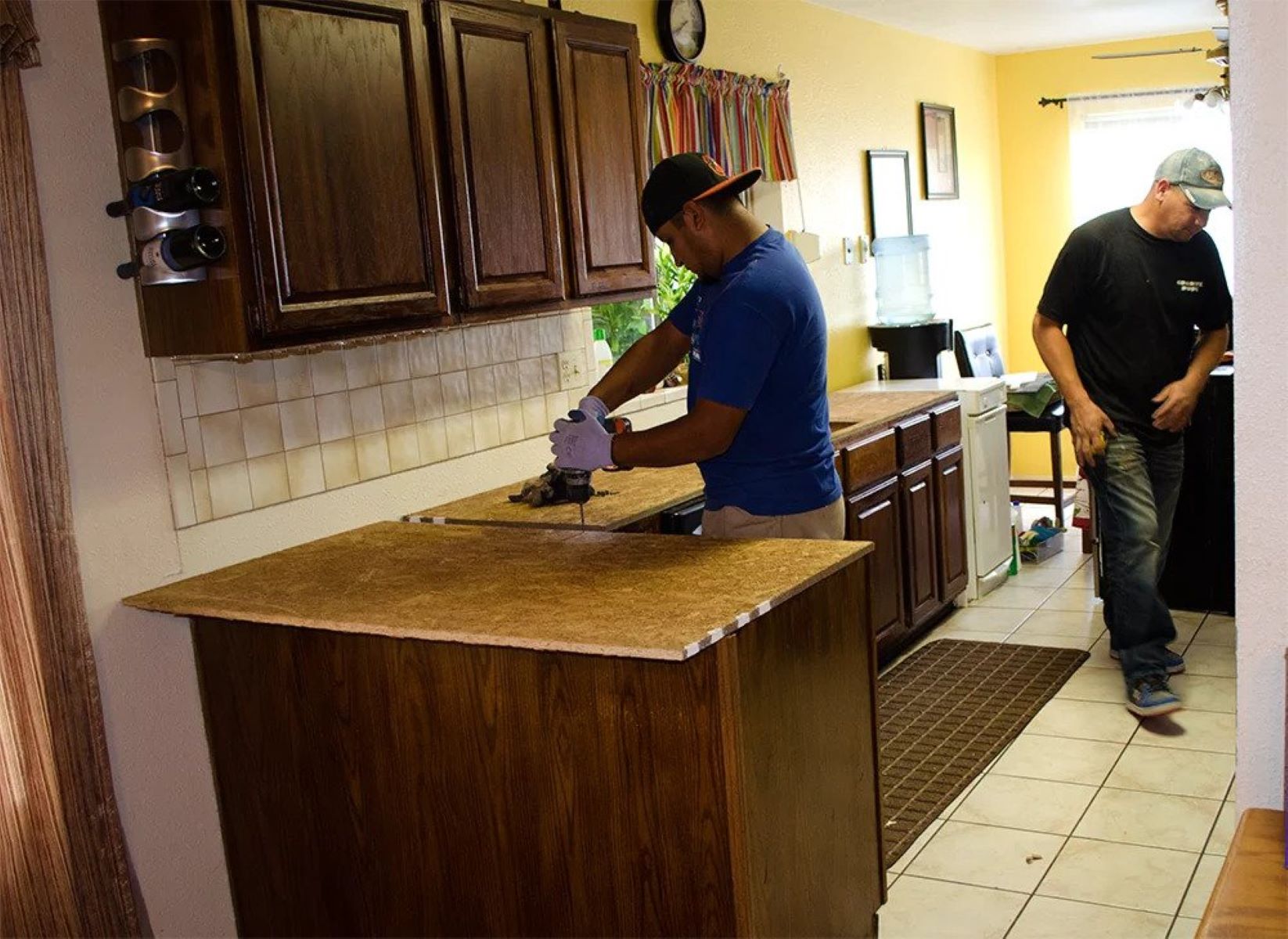
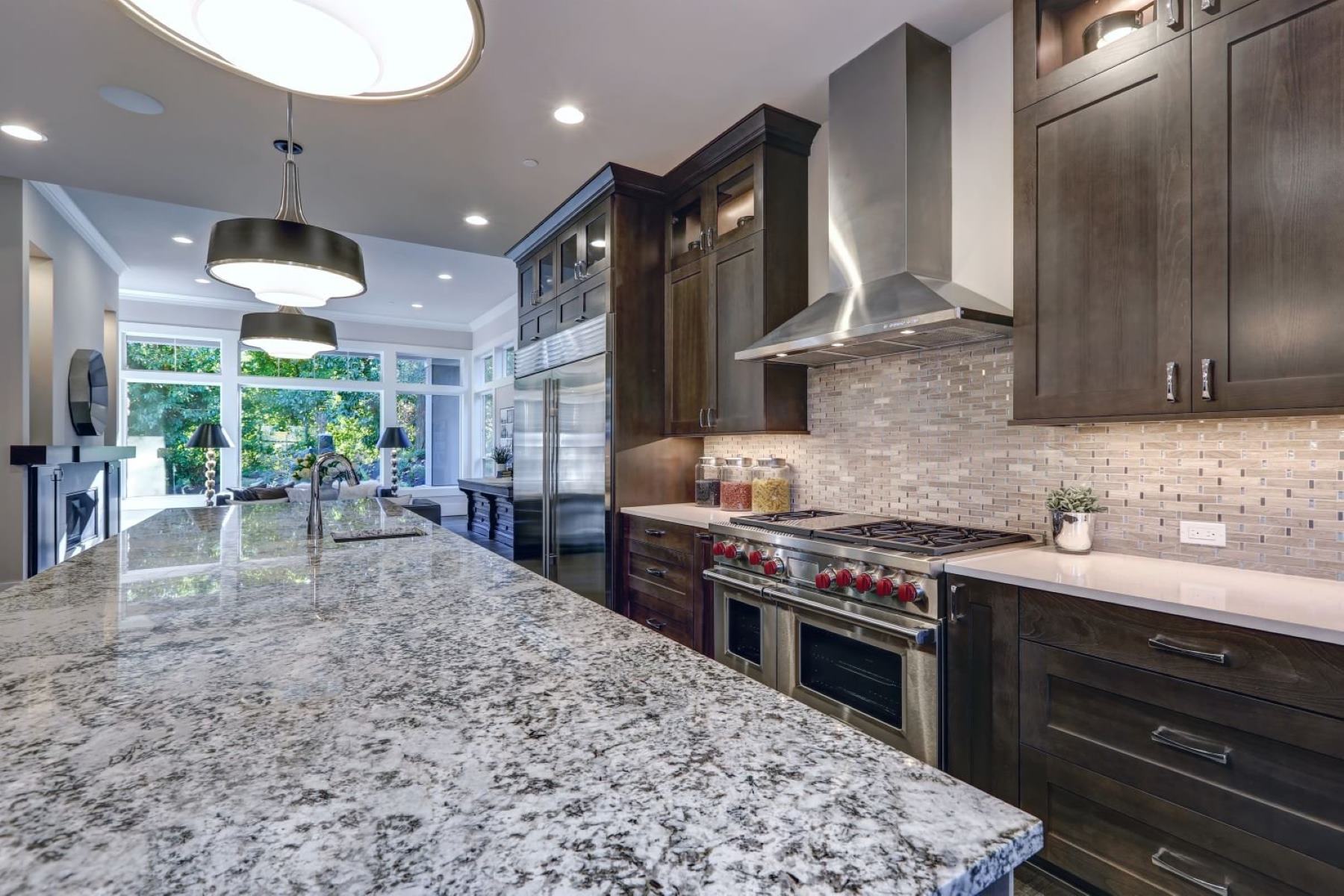
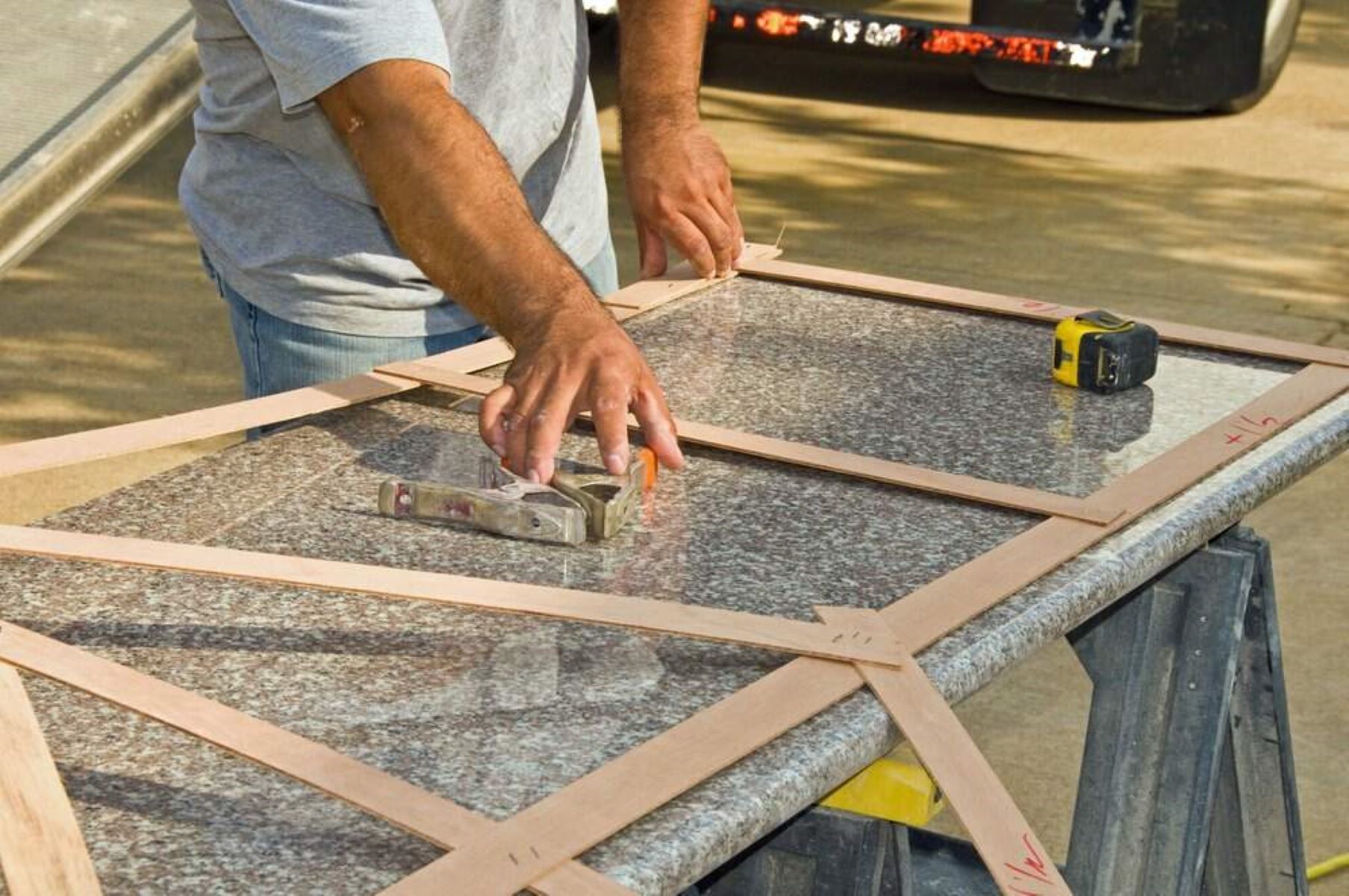
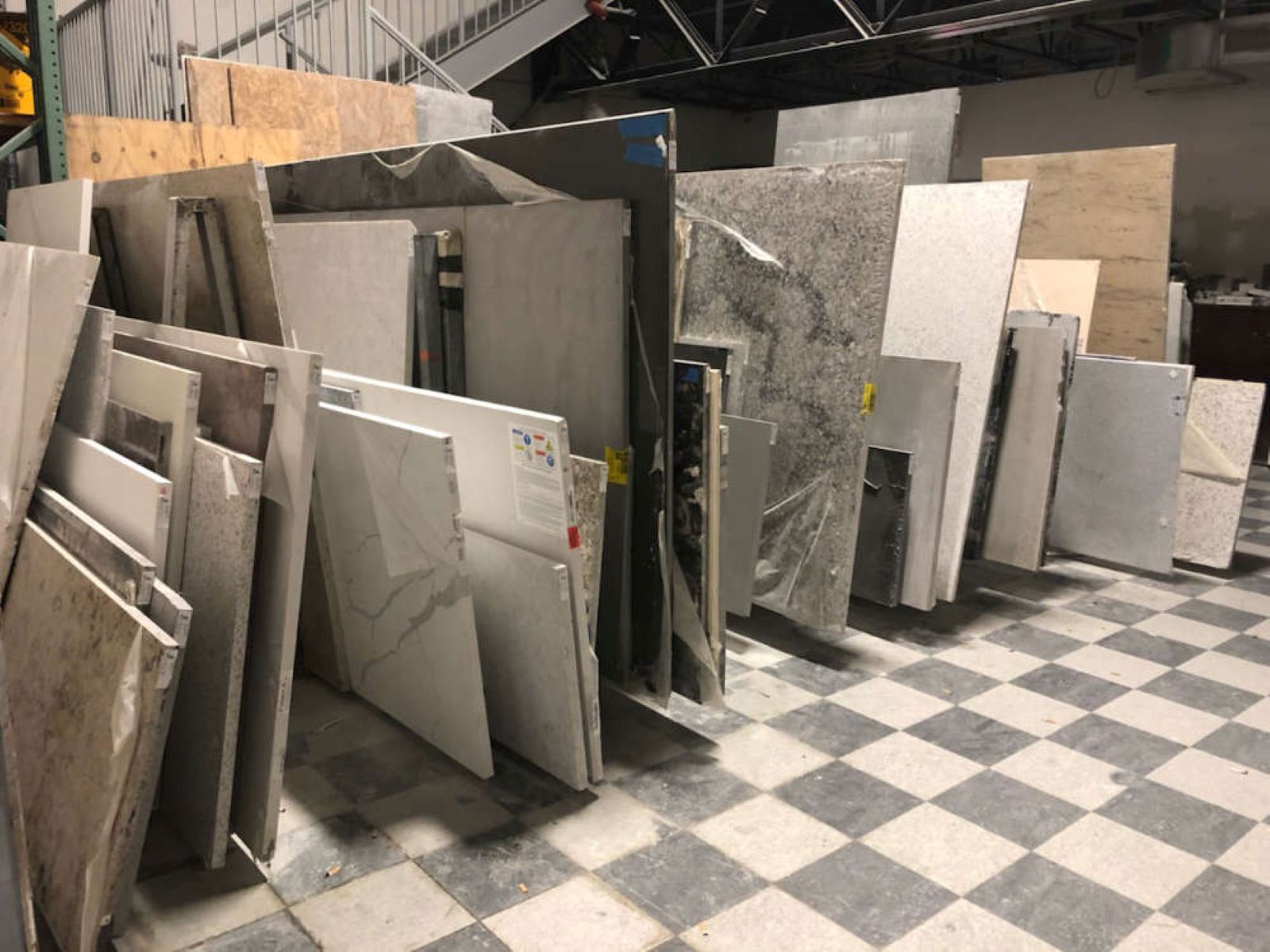
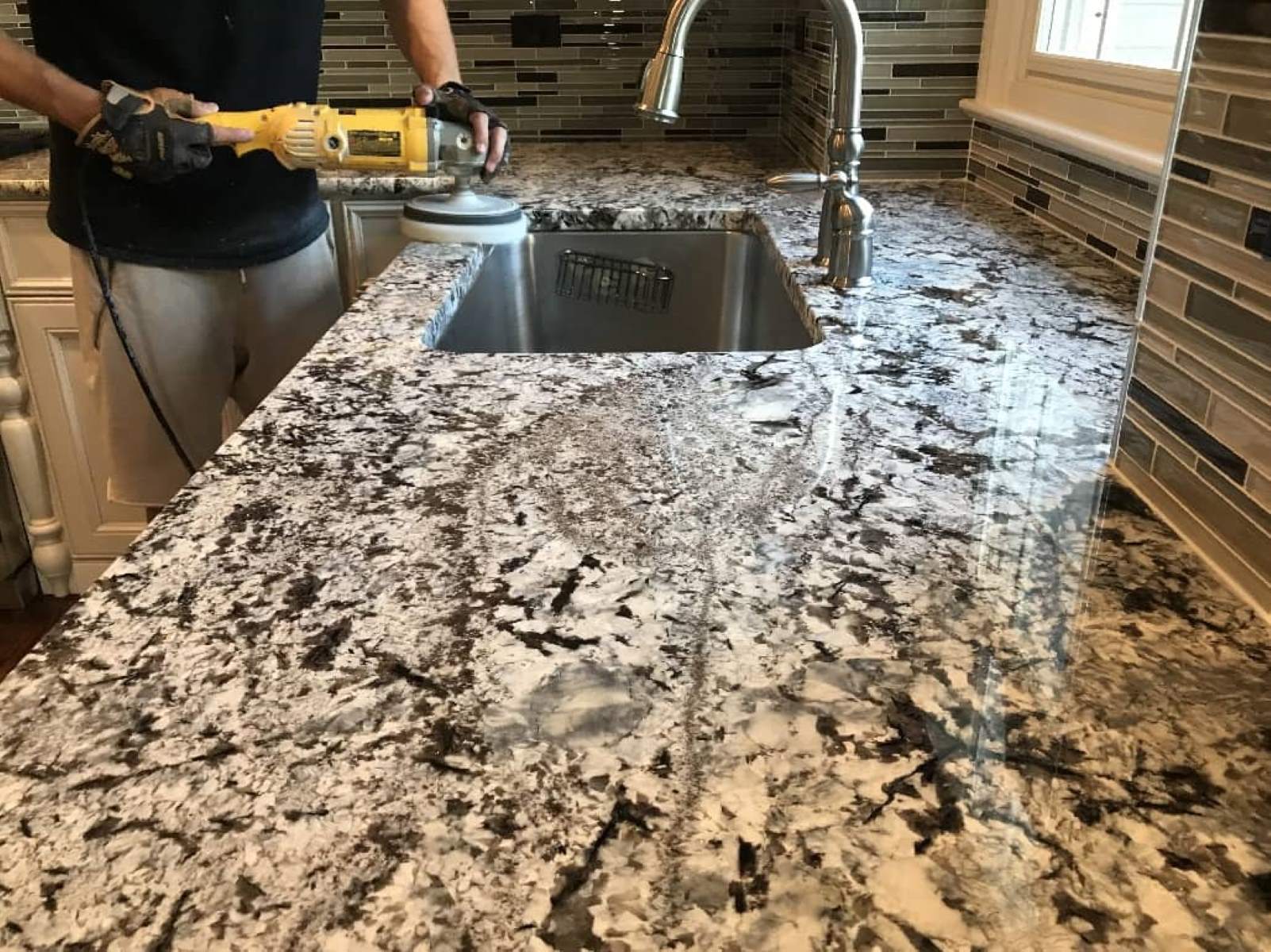
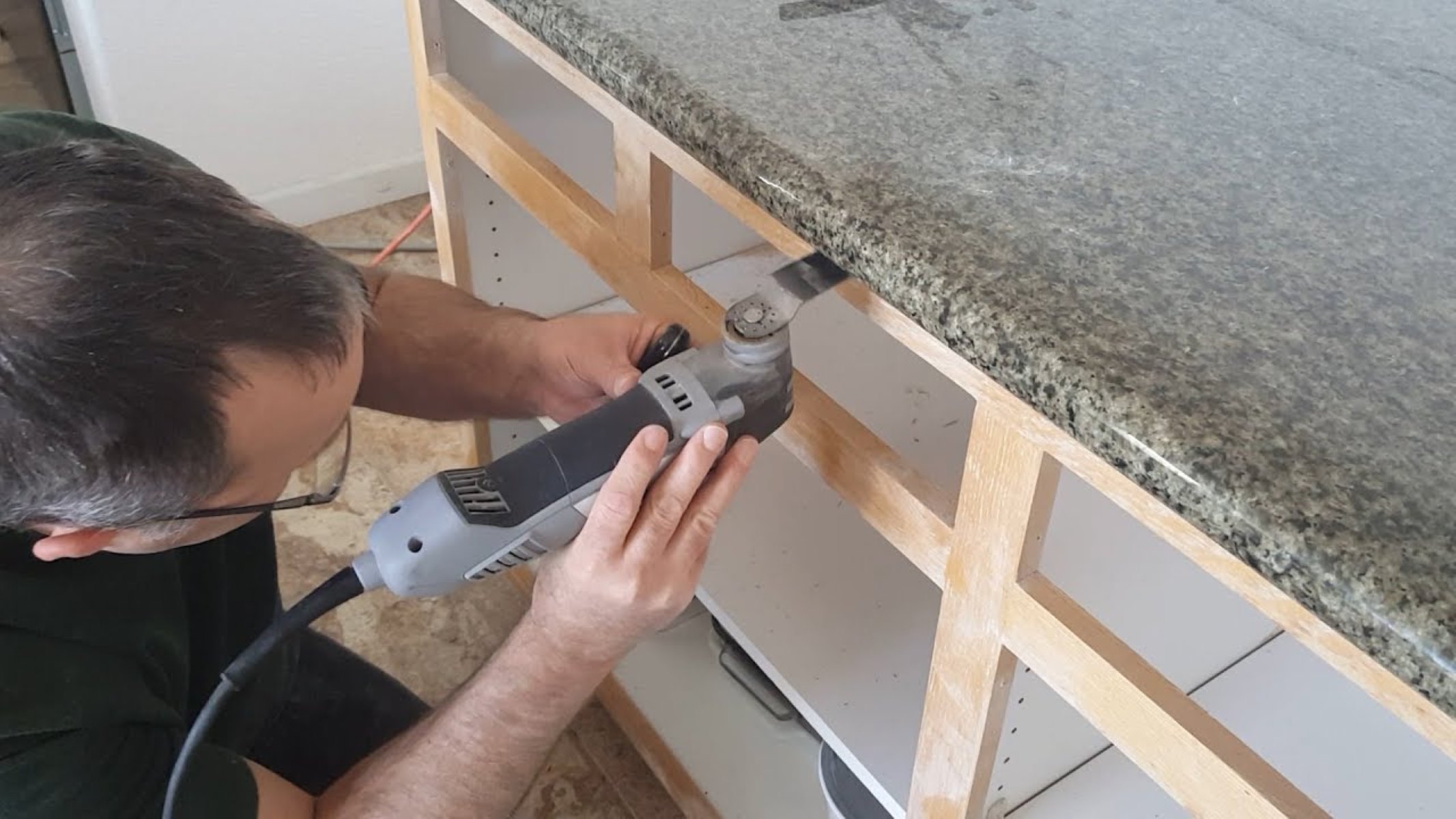
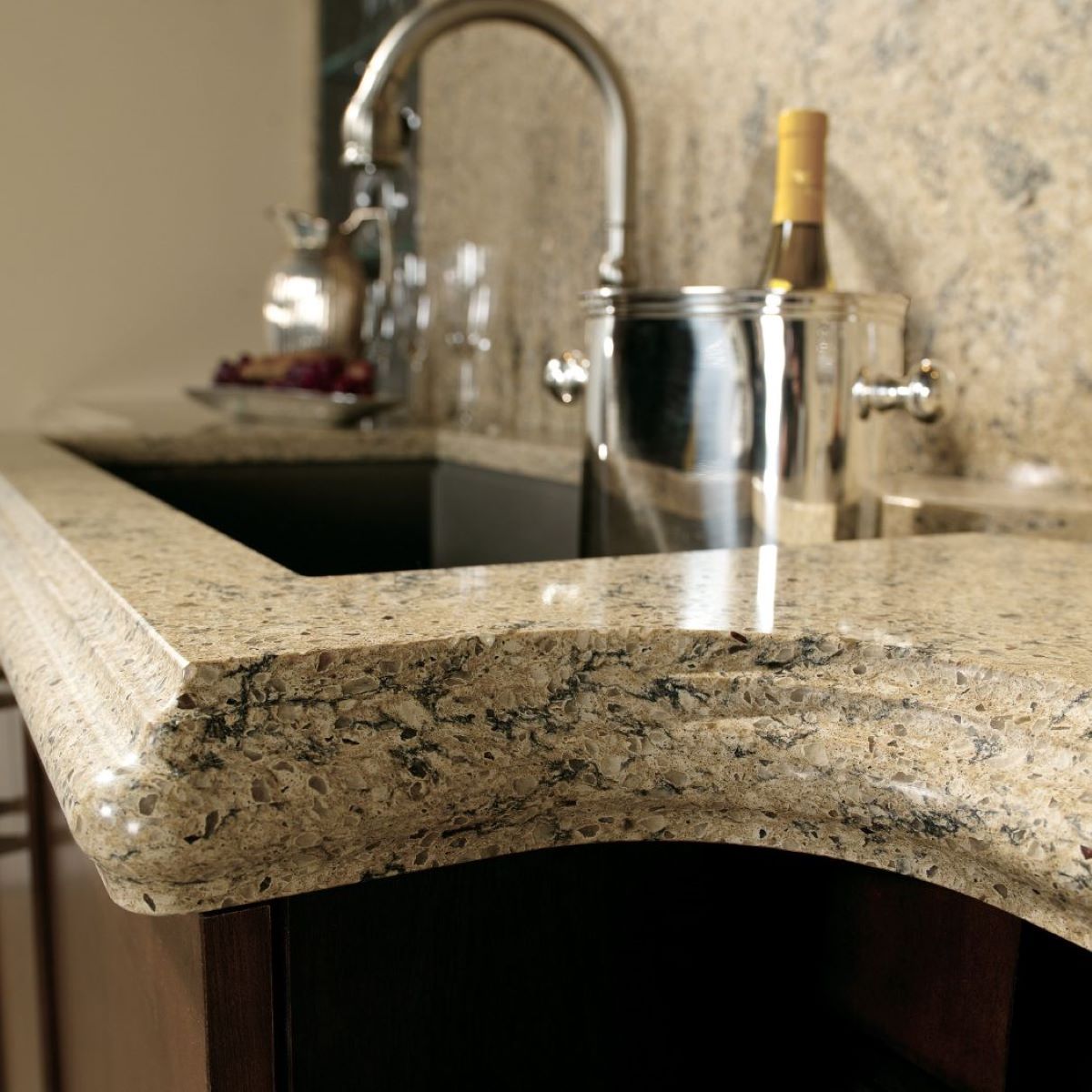
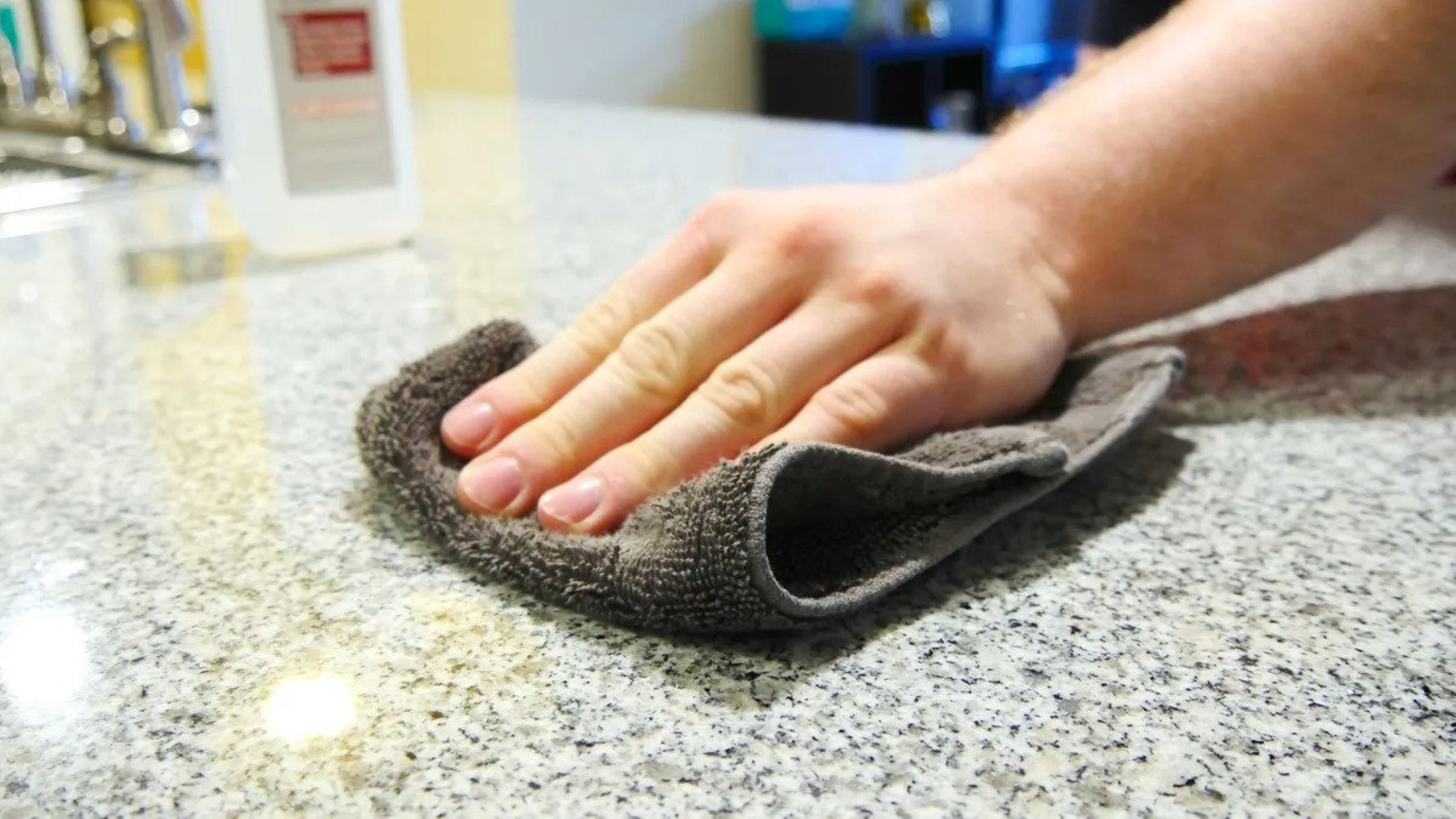
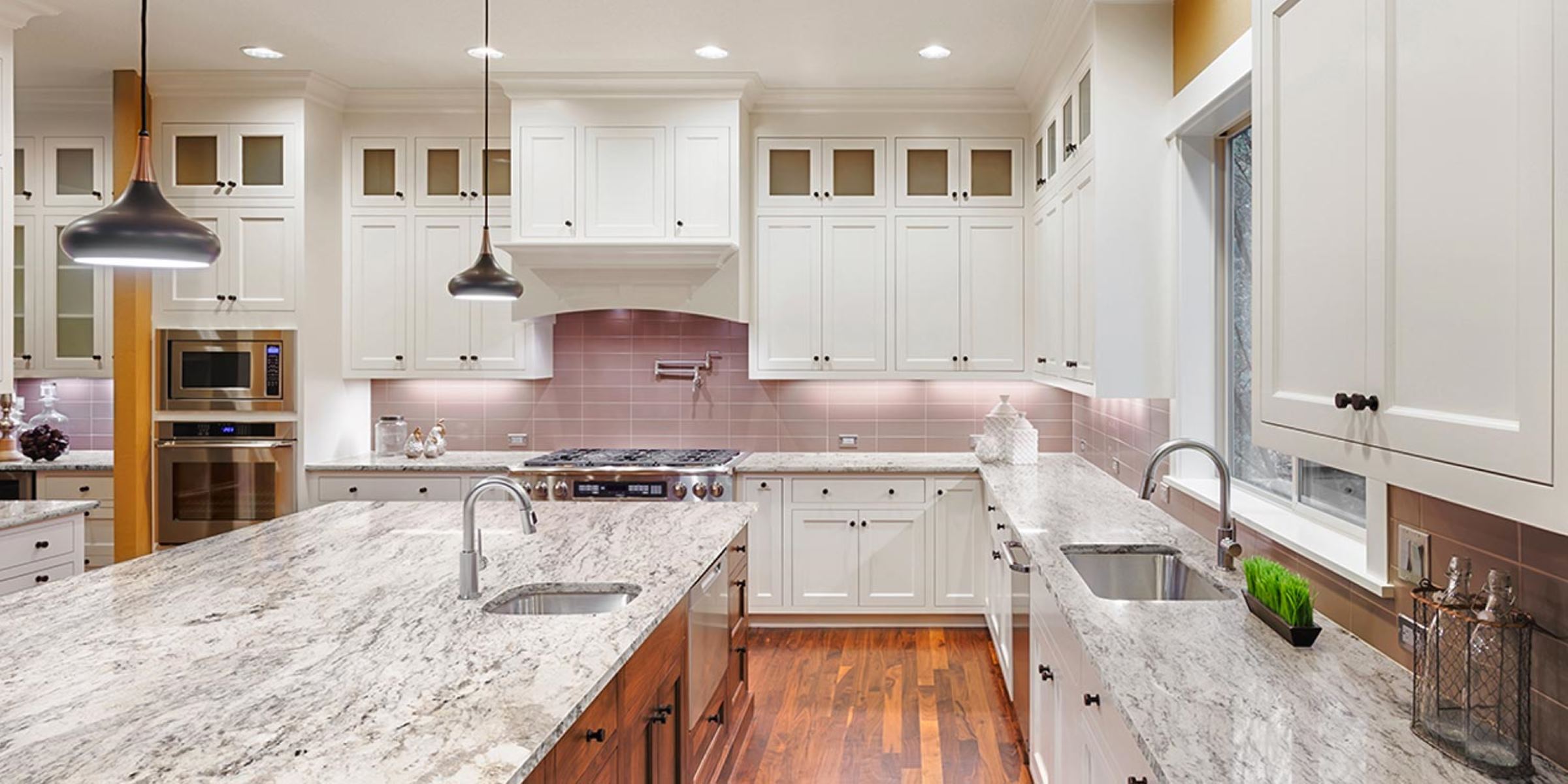
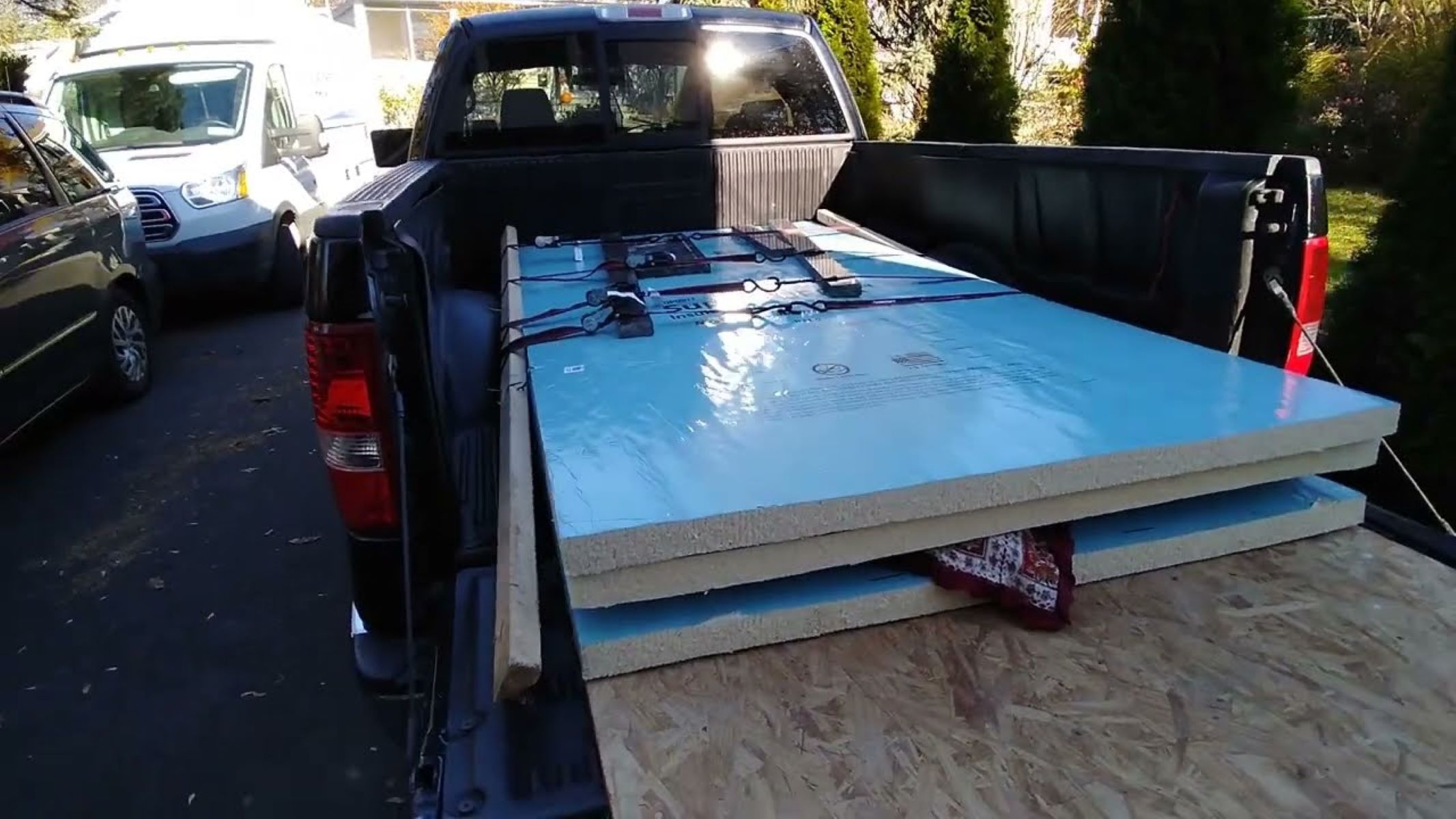
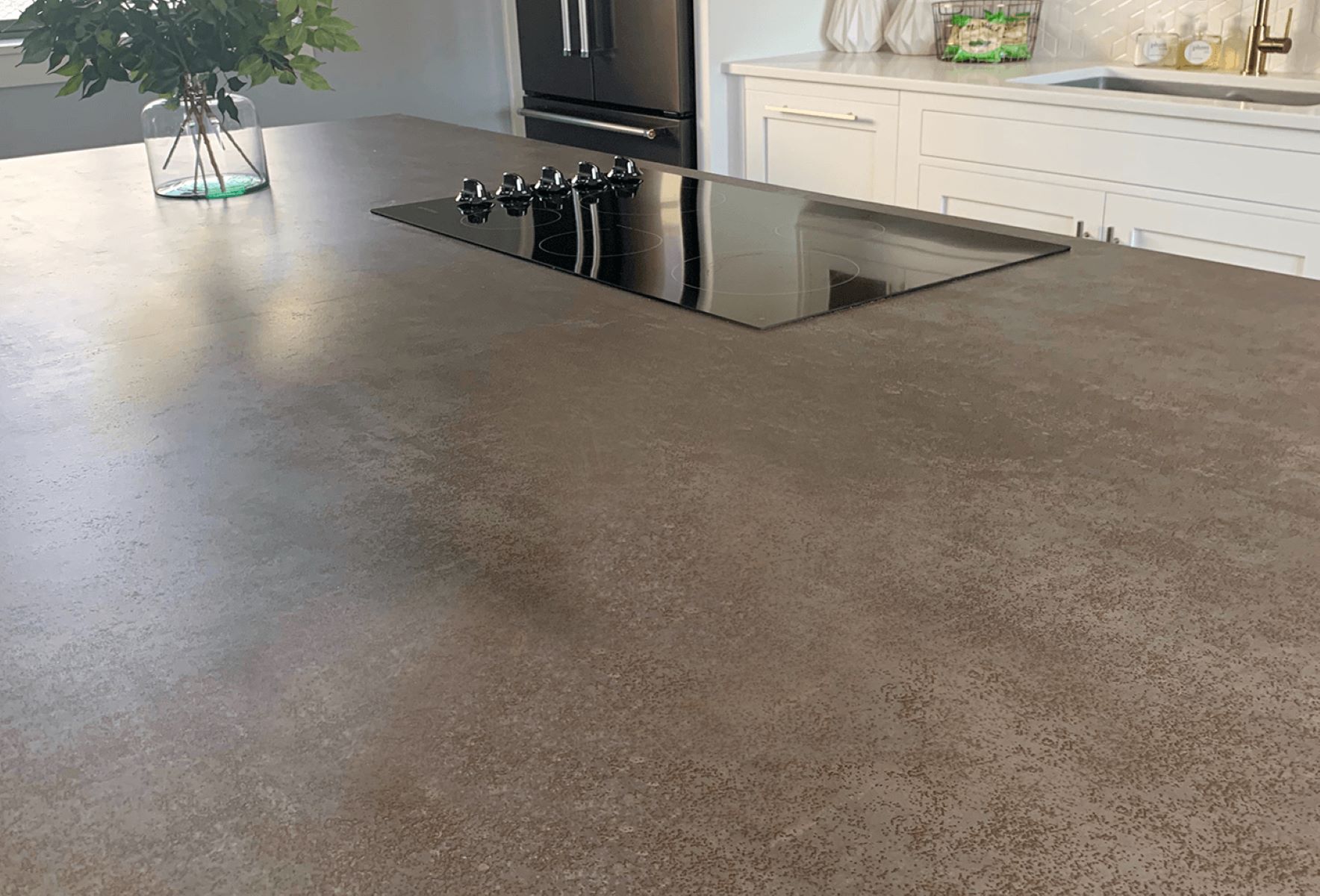
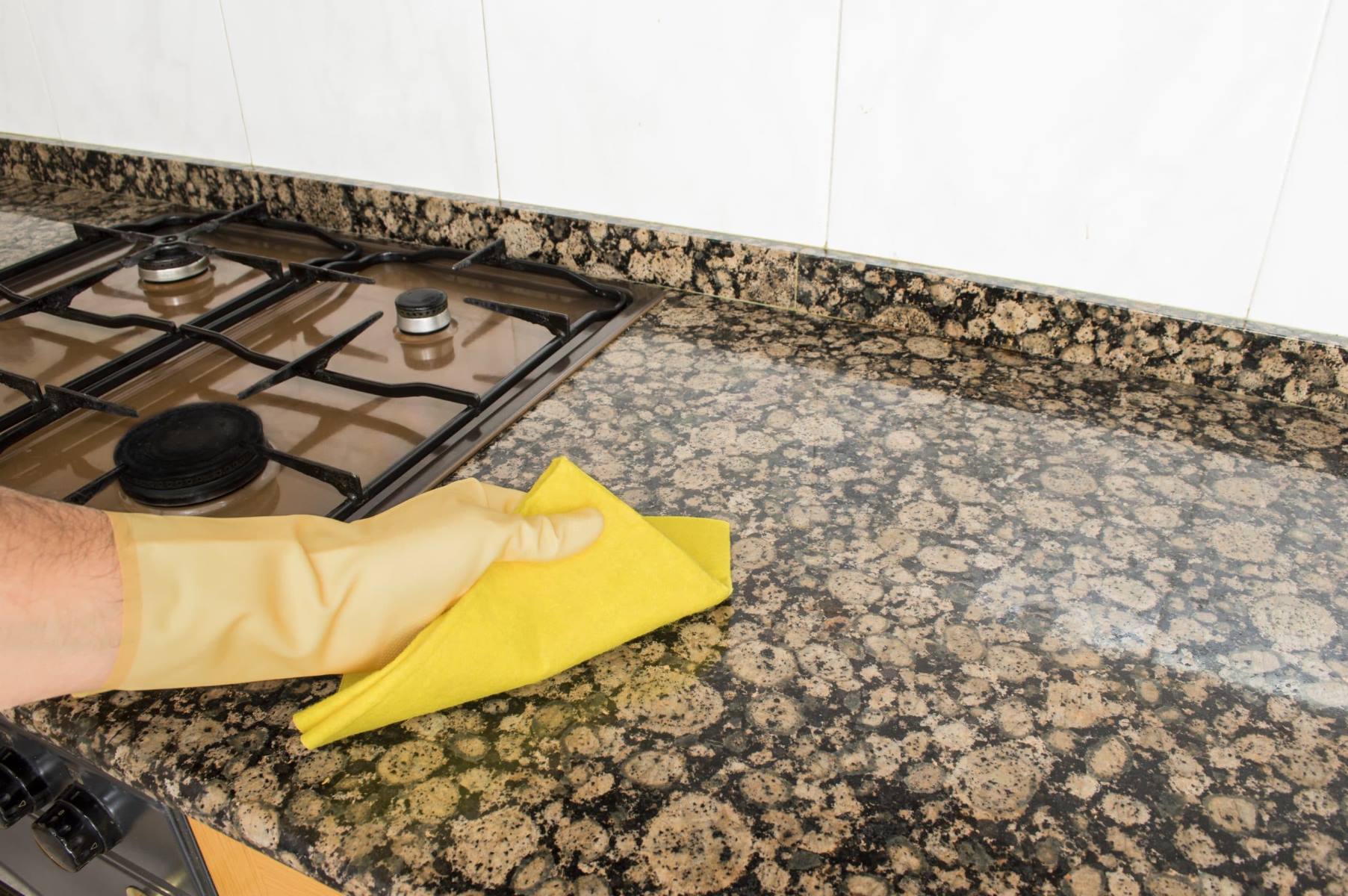

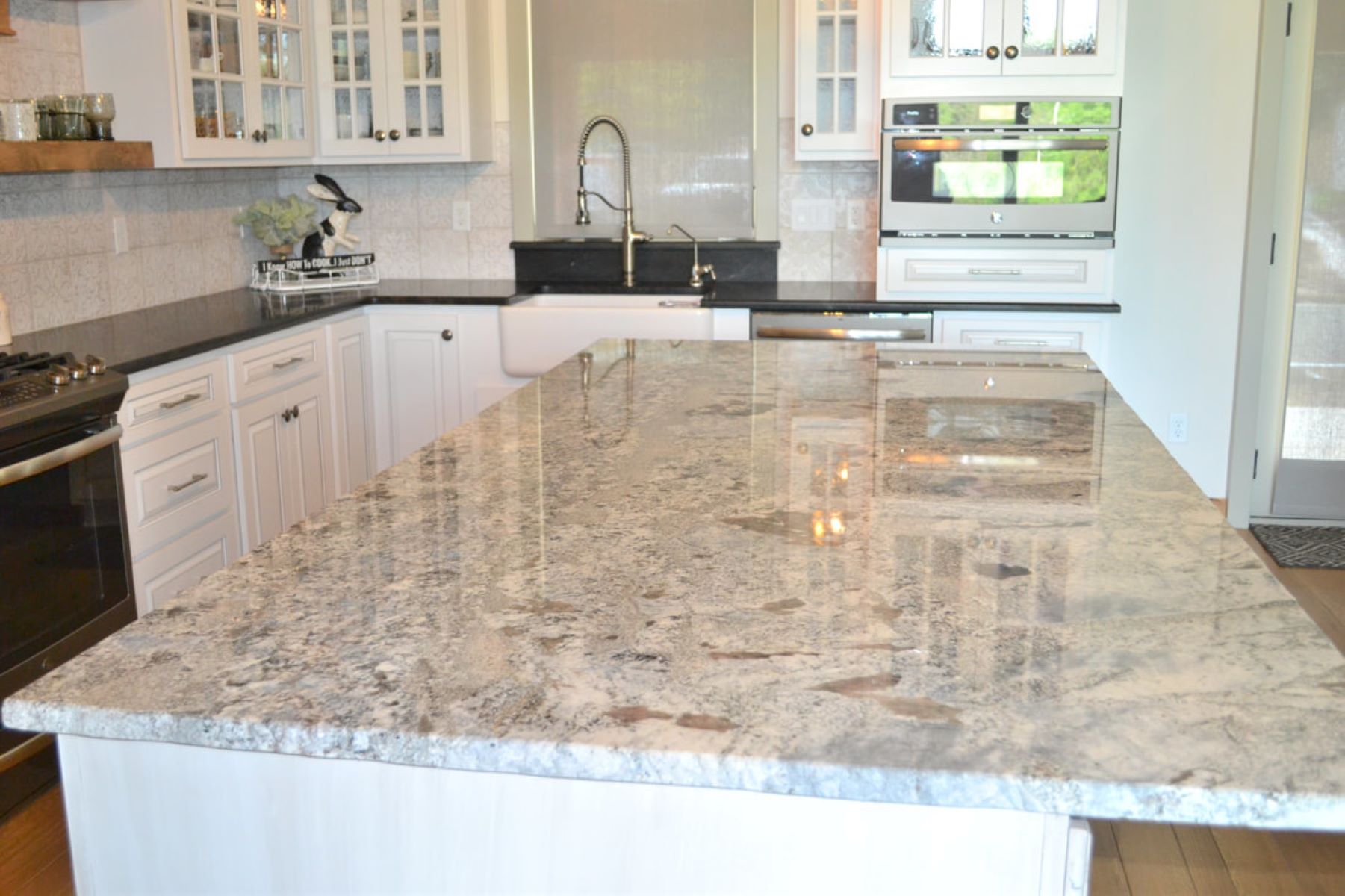

0 thoughts on “How To Take Care Of Granite Countertops”